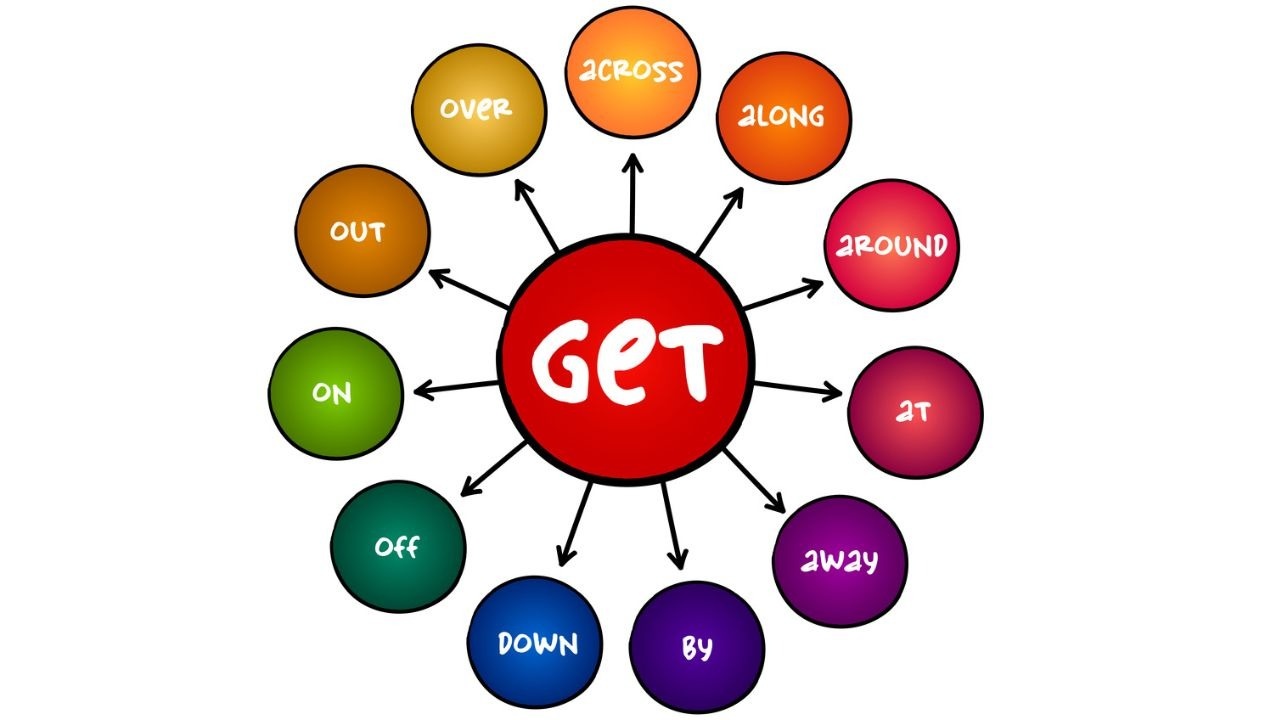
We know from our last post that American English is full of phrasal verbs and that the meanings aren't easy to master. That's why I go into the intonation patterns and how to pronounce them correctly! It's an easier thing to learn and get right. So, if you want to focus on how you speak and worry less about the perfect meaning, read on to get the basics about the application of melody and phrasal verbs.
English Fluency With Phrasal Verbs Part 2: Melody
Did you know that you can back up your computer's information onto a backup disk?
And, did you know that back up and backup are both considered phrasal verbs?
Okay, but here's the catch – there's a slight difference in how you pronounce both terms!
In this blog post, I'll be addressing the second part of my series about phrasal verbs. I'll outline the next steps you can take in improving your mastery of phrasal verbs in English. This time, we'll be looking at melody! Specifically, applying the right intonation and stress patterns when pronouncing phrasal verbs.
To jog your memory quickly, phrasal verbs are two or more words, usually a verb and a preposition, that together act as a completely new word. Phrasal verbs include expressions like break up, get over, turn off, etc. In fact, phrasal verbs are SO common in American English that native English speakers prefer them over their synonyms.
Remember, however, that because the individual words of a phrasal verb don't necessarily hint at the actual meaning, it could be a source of frustration for folks who speak English as a second language.
That's why I decided to focus this post on how to say them rather than what they mean.
The first thing you'll need to do is distinguish whether the phrasal verb describes an action or a thing. Did you know that there are different stress patterns depending on the type of phrasal verb we're looking at?
Don't worry, I'll break this down for you!
When the phrasal verb describes an action, you'll need to stress the preposition. That means that the preposition will be longer, louder, and higher in pitch and it'll be the most obvious or emphasized word.
For example, let's look at the phrasal verb turn off. When you're using it in a sentence like this, Did you remember to turn off the stovetop, you're using it in the verb form. So what word gets the stress?
You got it–off!
You'd say, Did you remember to turn OFF the stovetop, and off becomes longer, louder, and higher in pitch compared to the word turn.
Let's practice with some other phrasal verbs in sentences. Notice that I've capitalized and bolded the prepositions to remind you that the phrasal verb is being used in the verb tense.
I go T|HROUGH my emails too many times a day.
You'll need to work OUT the problem with your colleague.
It's time to get OVER your procrastination.
It's time to break UP the meeting.
Remember, when not used in a phrasal verb, prepositions aren't stressed. They're structure words and part of the grammatical glue of the language. So, when you do stress the preposition, it'll signal that it's an action, a verb.
Now, on the other hand, when the phrasal verb is in the noun form (and adjective form), the stress is on the first word, the verb. I know it may sound confusing but stay with me.
Imagine saying, Let's get takeout for dinner tonight. We're going to stress take pronouncing it longer, louder, and higher in pitch. So the sentence would look a little more like this: Let's get TAKEout for dinner tonight."
Does this sound complicated? Well, I have some good news – when phrasal verbs appear in noun or adjective forms, they're generally combined into one word. This makes it easier for you to discern how to intonate the phrasal verb if you are reading out loud.
Let's look at some more examples below of phrasal verbs used as nouns and adjectives.
Her behavior was such a TURNoff last night.
Did you store your data on a BACKup disk?
I'm so tired, I don't know how I'll complete this WORKout.
I couldn't reach him, does he have a CALLback number?
It's so common to mistake the meanings of phrasal verbs and to distinguish when they are verbs or nouns/adjectives. But, if you tune your ear to hear which part of the phrasal verb is being stressed, it'll improve your speech AND your comprehension skills.
This also serves as a reminder that sometimes learning new vocabulary doesn't mean you have to memorize or understand the literal definition. Oftentimes, you can pay attention to the way words are being delivered or stressed in a sentence to decide if a term is being used a certain way!
And remember, it's mostly about practice – the more you practice pronouncing stress patterns and paying attention to them in dialogues, it'll come naturally to you that you can put on MAKEup during the week when you go to work, but you wouldn't necessarily want to make yourself UP on Sunday!
Let's Stay Connected!
Subscribe to The English Communication Confidence Blog so that you can be the first to receive unique ways to polish your advanced English.
We hate SPAM. We will never sell your information, for any reason.




